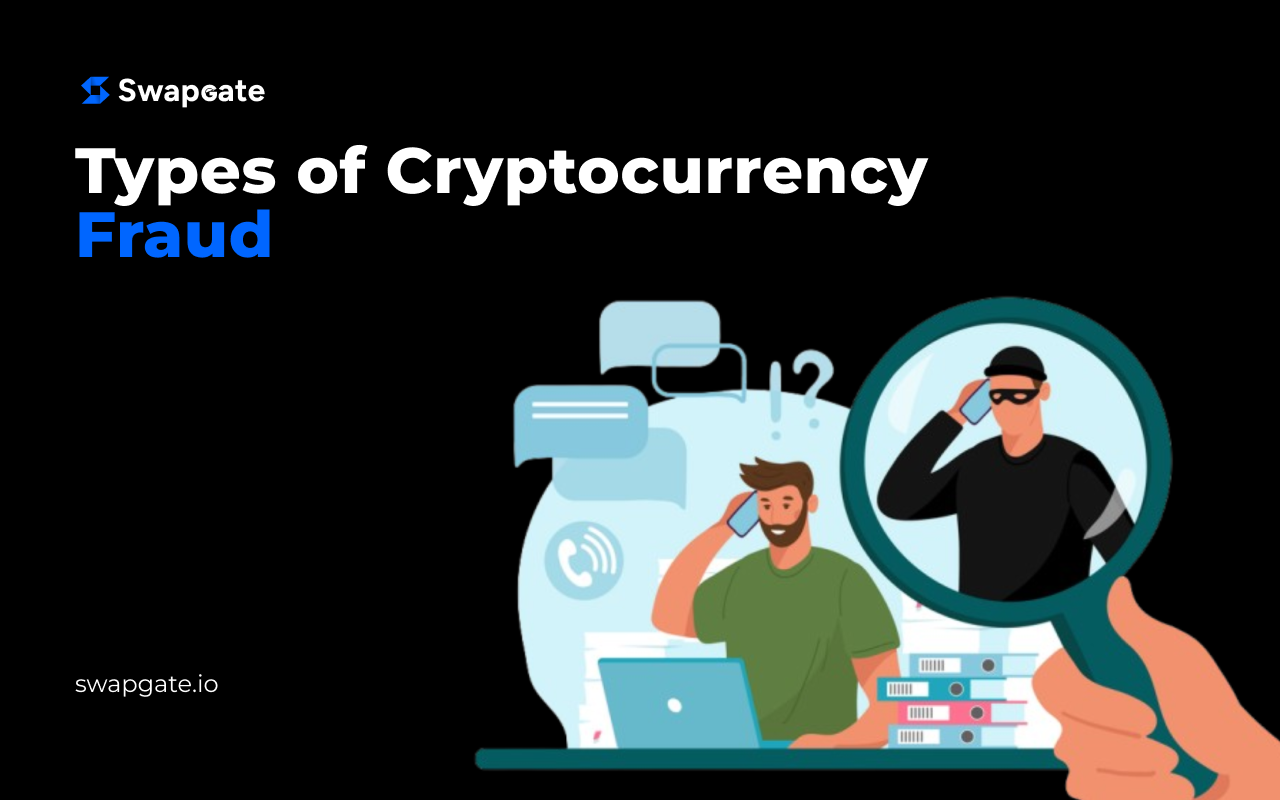
Cryptocurrency fraud is on the rise, making the protection of personal data and funds a key concern for users. Hackers are using increasingly sophisticated techniques, such as deepfakes and bypassing voice authentication, requiring constant vigilance in cybersecurity. This article explores various types of crypto-related fraud, ways to safeguard your data, and measures to improve privacy.
Why Protecting Personal Data is Crucial
In the crypto world, personal data is the key to managing funds. If someone gains access to your seed phrase, they can easily empty your account. This applies to other types of fraud as well. While blockchain’s decentralization offers freedom, it can also present risks. Hackers can exploit system vulnerabilities or user behavior to steal sensitive information. Private keys, which provide access to your crypto wallets, are prime targets. If compromised, funds can be stolen without recourse, making data protection vital not only for securing assets but also for ensuring safe transactions and compliance with laws.
Common Types of Cryptocurrency Fraud
- Phishing: Hackers impersonate legitimate platforms, creating fake websites or emails to trick users into giving up their private data.
- ICO Scams: Fraudulent projects use ICOs to raise funds for fake cryptocurrencies, disappearing with investors’ money.
- Ponzi Schemes: Promising high returns for recruiting new participants, these schemes collapse when new investments dry up.
- Exchange Scams: Fake exchanges lure users with low rates and then vanish after receiving funds.
- Malware Attacks: Malicious software can steal private keys or encrypt data, demanding ransom in cryptocurrency.
Security Tips and Tools
- Cold vs. Hot Wallets: Cold wallets, being offline, offer more security for storing large amounts of crypto. Hot wallets, though online, can be more practical for transactions.
- Anonymous Cryptocurrencies: Coins like Monero and Zcash provide enhanced privacy for transactions.
- No KYC Exchanges: Platforms like SwapGate allow users to trade crypto without sharing personal information.
- Two-Factor Authentication (2FA): Adds an extra layer of protection by requiring a second code beyond just a password.
- Hardware Wallets: Devices like Ledger and Trezor protect private keys, preventing remote access to funds.
Conclusion
As digital economies grow, securing your data is increasingly critical. Various types of fraud, from phishing to Ponzi schemes and malware attacks, pose serious risks to crypto users. Safe storage methods, anonymous cryptocurrencies, and KYC-free services help mitigate these dangers. To stay secure, crypto enthusiasts should continually update their knowledge and use tools to protect their assets and personal data.